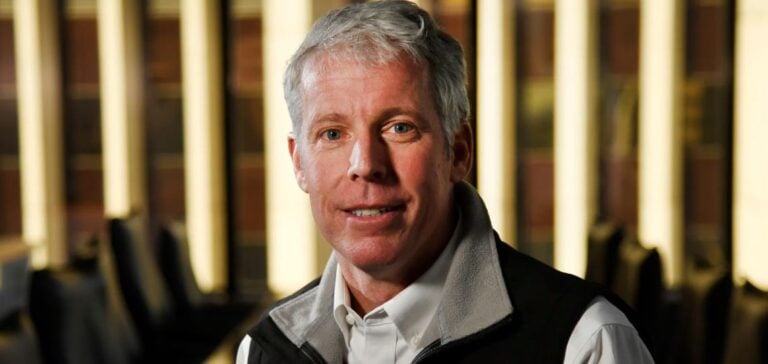Chris Wright, founder of Liberty Energy and a staunch supporter of fossil fuels, captured attention during his hearing before the Senate Committee on Energy and Natural Resources. Well-known for his advocacy of the shale oil and gas industry, Wright struck a moderate tone by affirming that climate change is “a fact” requiring an adapted energy response.
In this critical session as part of his confirmation process as Secretary of Energy, Chris Wright emphasized the importance of investing in diversified energy solutions. He specifically mentioned solar, geothermal, and nuclear energy as essential tools to address the climate challenge.
Contrasting Statements
Chris Wright’s remarks mark a significant departure from his previous statements. In 2024, in a LinkedIn video, he denied the existence of a climate crisis and downplayed the relevance of the energy transition. These positions drew sharp criticism, particularly from renewable energy advocates.
However, on Wednesday, Trump’s nominee stressed the need for the United States to take a leading role in global energy development. “Energy and climate are global challenges,” he asserted, while advocating for a balance between technological innovation and the exploitation of hydrocarbons.
Unwavering Support for Fossil Fuels
Despite his commitment to renewable energy, Chris Wright did not waver in his support for fossil fuels. He reiterated his backing for the construction of new liquefied natural gas (LNG) export terminals, directly opposing the moratorium imposed by President Joe Biden in January 2024.
According to Wright, fossil fuels remain an essential component of American energy security. “I want to see new technologies increase energy resources across the board, including hydrocarbons,” he said.
A Delicate Balance
Chris Wright’s nomination raises questions about the future direction of U.S. energy policy under the Trump administration. While the nominee promotes an inclusive approach combining fossil fuels and renewables, his appointment could reignite debates over the energy transition and U.S. climate commitments.






















